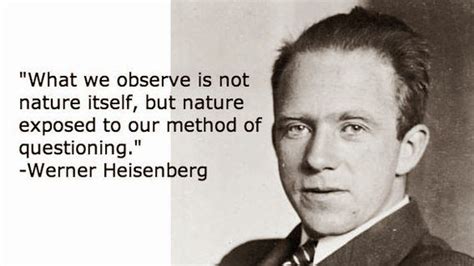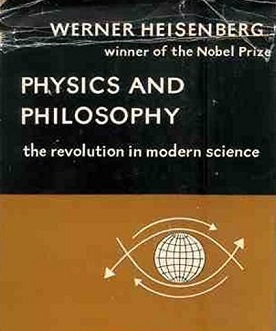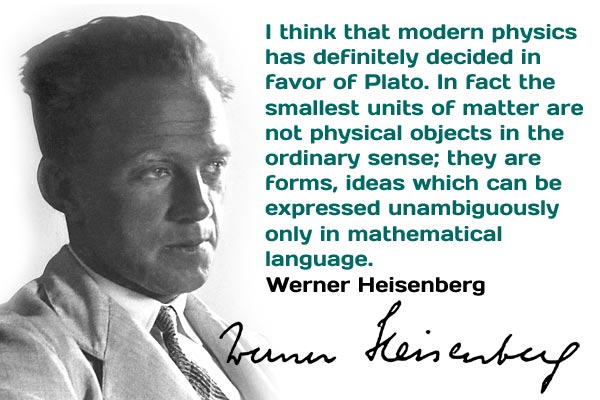|
home | what's new | other sites | contact | about |
|||
|
Word Gems exploring self-realization, sacred personhood, and full humanity
Quantum Mechanics
return to "Quantum Mechanics" main-page
Werner Heisenberg (1901-1976)
From chapter 8 of Dr. Heisenberg's 1958 book, Physics And Philosophy
Among the remaining opponents of what is sometimes called the 'orthodox' interpretation [i.e., the Copenhagen interpretation] of quantum theory, Schrodinger has taken an exceptional position inasmuch as he would ascribe the 'objective reality' not to the particles but to the waves and is not prepared to interpret the waves as 'probability waves only'. In his paper entitled 'Are There Quantum Jumps?' he attempts to deny the existence of quantum jumps altogether (one may question the suitability of the term 'quantum jump' at this place and could replace it by the less provocative term 'discontinuity’). Now, Schrodinger's work first of all contains some misunderstanding of the usual interpretation. He overlooks the fact that only the waves in configuration space (or the 'transformation matrices') are probability waves in the usual interpretation, while the three-dimensional matter waves or radiation waves are not. The latter have just as much and just as little 'reality' as the particles; they have no direct connection with probability waves but have a continuous density of energy and momentum, like an electromagnetic field in Maxwell's theory. Schrodinger therefore rightly emphasizes that at this point the processes can be conceived of as being more continuous than they usually are. But this interpretation cannot remove the element of discontinuity that is found everywhere in atomic physics; any scintillation screen or Geiger counter demonstrates this element at once. In the usual interpretation of quantum theory it is contained in the transition from the possible to the actual. Schrodinger himself makes no counterproposal as to how he intends to introduce the element of discontinuity, everywhere observable, in a different manner from the usual interpretation.
|
|||
|
|


